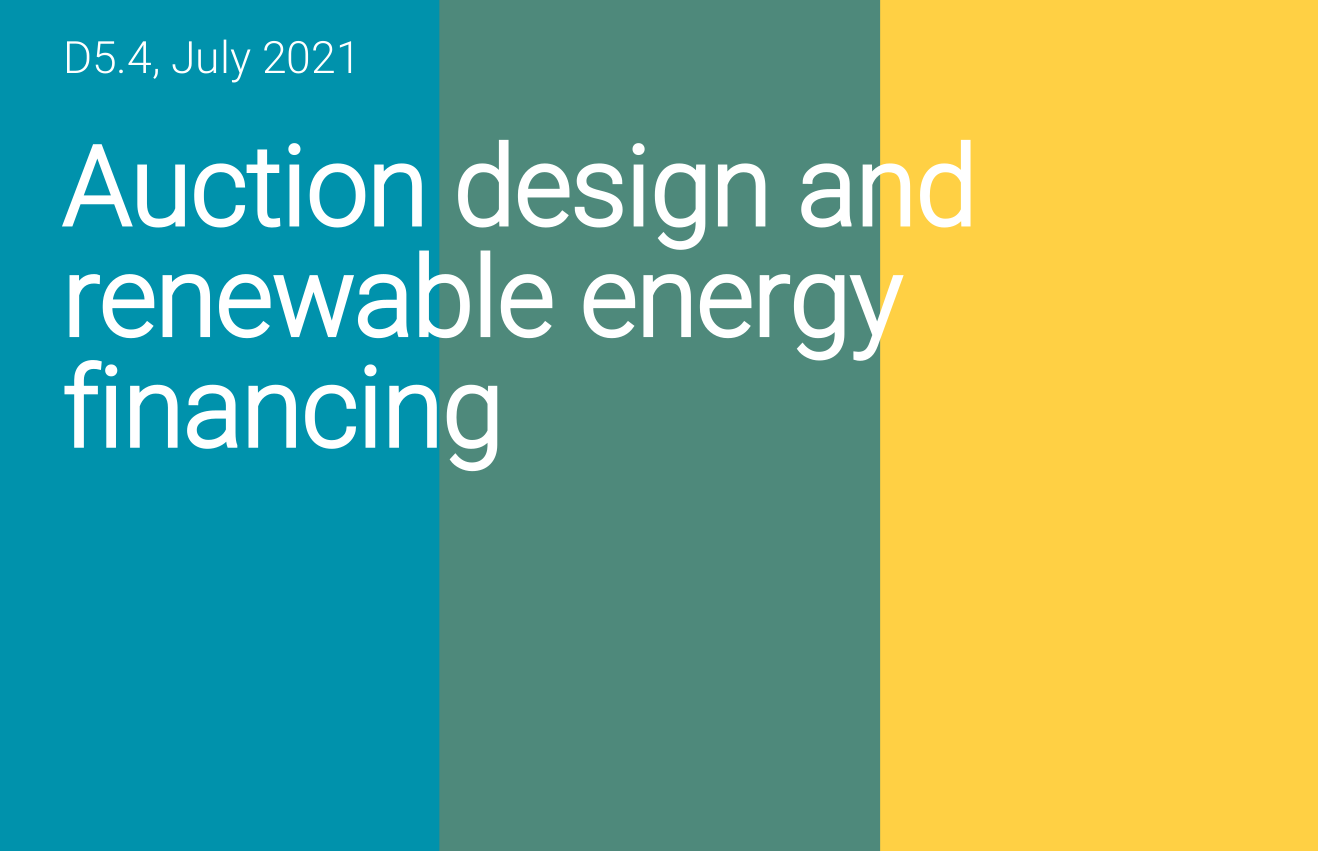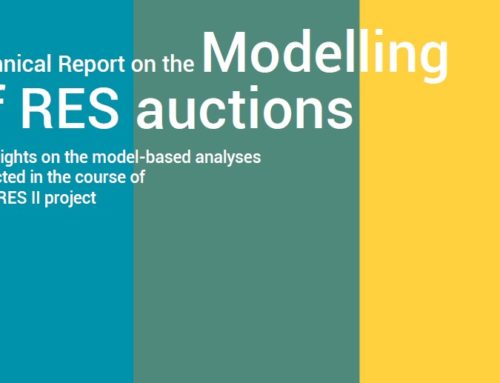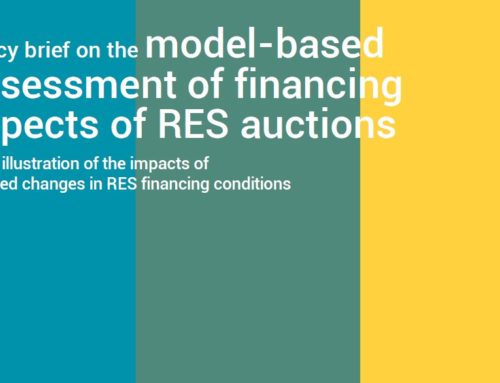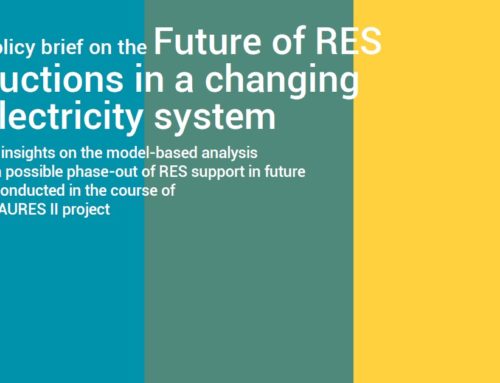This Auctions for Renewable Energy SupportJust like administratively set support, auction-allocated su... II (AURES II) report provides an overview of the impact of different renewable energy auctionAn auction is a market mechanism with the aims of allocating... design elements on risk and the subsequent impact on the financing conditions of projects. Renewable energy investments are capital intensive but feature low operational costs. This means that the cost of capital has a large impact on the levelised cost of electricity (LCOE) and bid prices likely to be offered in an auctionAn auction is a market mechanism with the aims of allocating.... Risk is a major factor in increasing the cost of capital for developers. While policymakers often only have an indirect influence on the exogenous drivers, e.g., capital market conditions or general country risk, they have a direct influence on many endogenous drivers, such as the auctionAn auction is a market mechanism with the aims of allocating... and supportJust like administratively set support, auction-allocated su... design. Auction-specific risks such as qualification, allocation, non-compliance, and market exposure risk can be influenced and to some extent mitigated by careful auctionAn auction is a market mechanism with the aims of allocating... design. In its empiric analysis, the AURES II project found that the presence of auctions in a competitive market environment not only did not increase the weighted average cost of capital (WACC) but rather the opposite: increasing experiences with auctions seem to reduce the WACC (Roth, et al., 2021). More broadly, renewable policies that mitigate market exposure risk, as well as learning effects in renewable energy deployment, can reduce the WACC, while the differences between countries can be explained by the presence of differing sovereign risks. The empirical analysis used data collected through 93 semi-structured interviews across the EU member states (and the United Kingdom) with bankers, project developers, investors, among other stakeholders.
Continue reading / download the report here.




